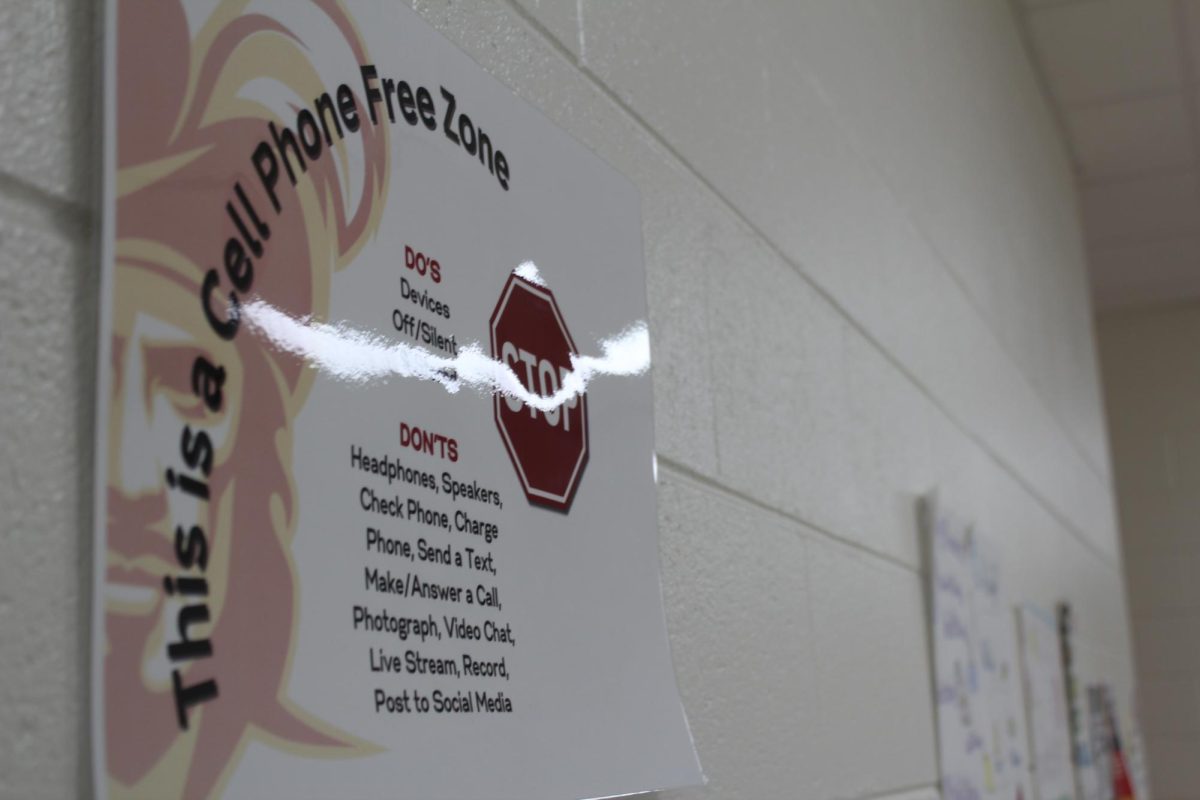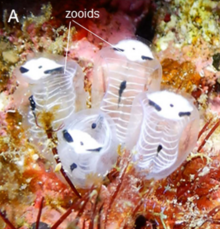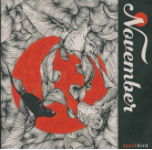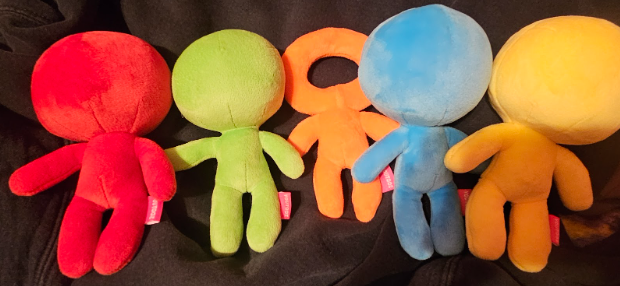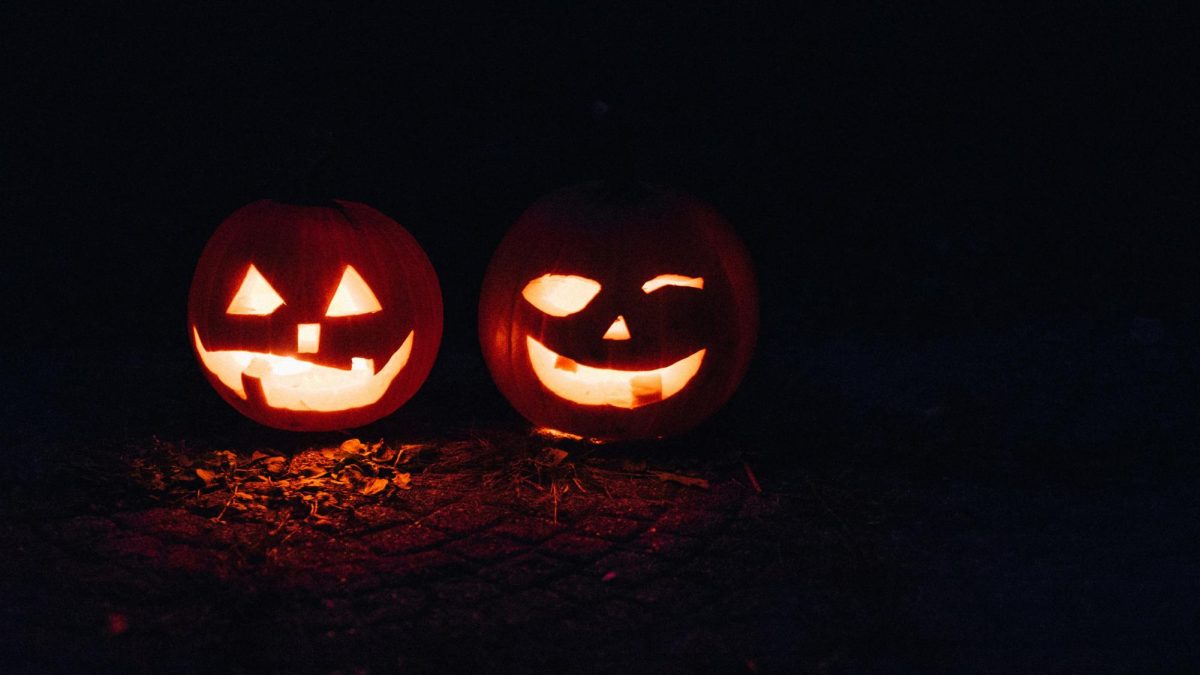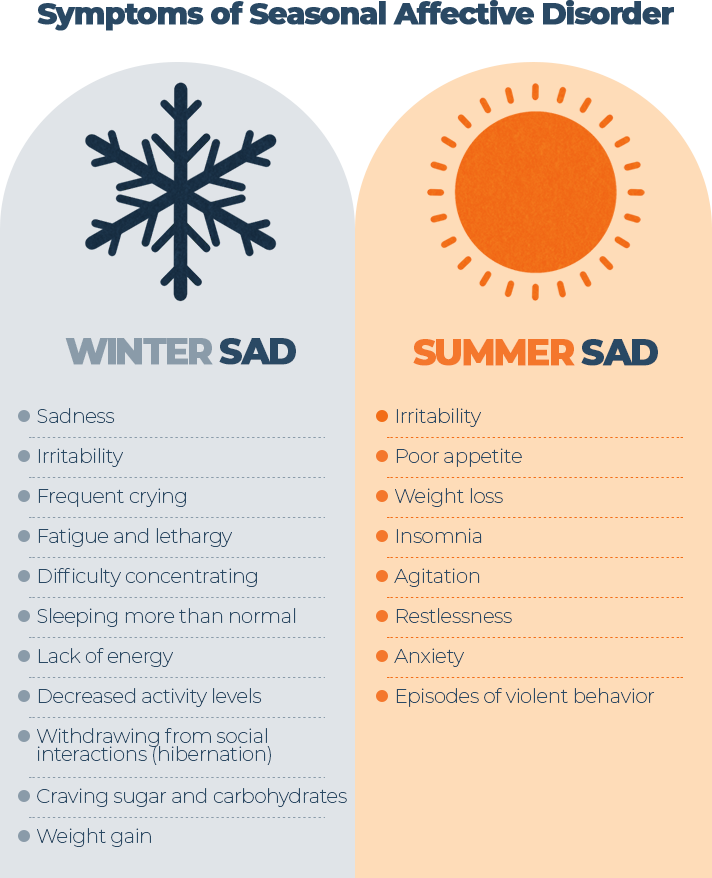With the rise and fall of each season, it can bring a significant change in a person’s emotions. Seasonal Affective Disorder or SAD is a disorder that can lead a person feeling sad and unlike themselves during certain months of the year due to the seasonal weather. For many people they feel “down” or have the “winter blues” when days become shorter in the fall and winter and feel happier in the spring when daylight goes back to normal hours. Some mood changes and changes in personality can be very serious when it comes to SAD.
SAD can be mostly seen during the winter months, known as winter pattern SAD or winter depression. But it can be seen during summer months as well, summer pattern SAD or summer depression. Some signs of winter depression and summer depression can be different and are more specific than normal depression. Signs of winter depression can be: oversleeping, overeating, and feeling a withdrawal or as though one is “hibernating.” On the other hand, summer depression symptoms consist of: trouble sleeping, poor appetite causing weight loss, restlessness, anxiety, violent and or anger behavior. One should not confuse winter-pattern SAD with “holiday blues.” Winter-pattern SAD relates to the shorter daylight hours, not the calendar. Stresses related to the holidays, family visits, work changes, and school changes are not the same as SAD.
SAD is a very common disorder and has most likely affected over a million people in the US, although they might have not known. SAD mostly begins in young adulthood. SAD is much more common in women than in men. Winter-pattern SAD often occurs more than summer-pattern SAD. Therefore, SAD is noticeably found more in the northern hemisphere, where the days are shorter. For example, people in New England or states closer to Canada are more likely to feel it than in places like Florida or Texas.
SAD is mostly found in people that have other mental health disorders, such as depression, bipolar disorder, and especially bipolar II disorder, which involves depressive episodes, and hypo-manic episodes. But as well as those people with SAD also are known to have other mental disorders like: attention deficit, eating disorders, anxiety disorders, or panic disorders. SAD can run in families with relatives that have experienced depression or schizophrenia.
To help treat summer-pattern SAD and winter-pattern SAD can vary. But ways to help both are exposure to sunlight, light therapy (if one is not able to be outside or in sunlight, a certain light that can mimic sunlight has been found to help), psychotherapy, and antidepressants. Make sure to reach out to a healthcare professional. Set realistic goals, taking into account depression. Confide in people. Exercise regularly. Focus on the positive; a season will not take forever.
In all, there is no clear way of knowing what causes SAD. Fewer hours of sunlight and shorter days have been found to be connected to a chemical change in the brain and could be the cause. But if one is experiencing signs of SAD, make sure to seek help and comfort from people. Know you are not alone in your feelings, and they will pass along with the seasons.





